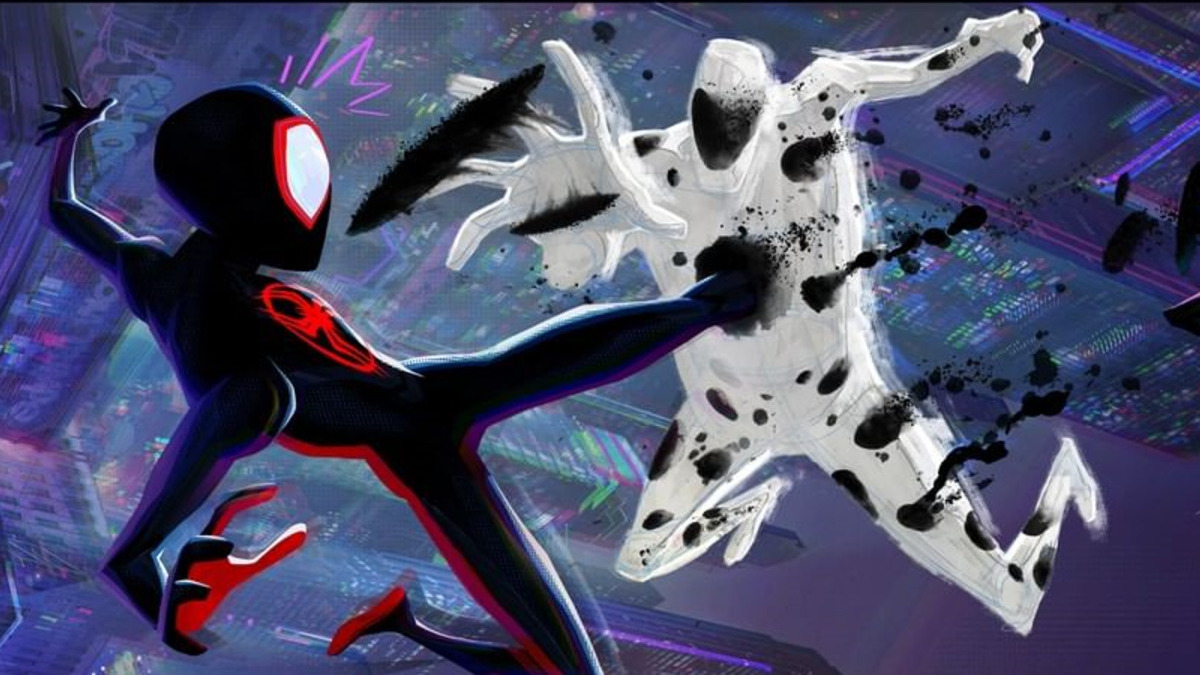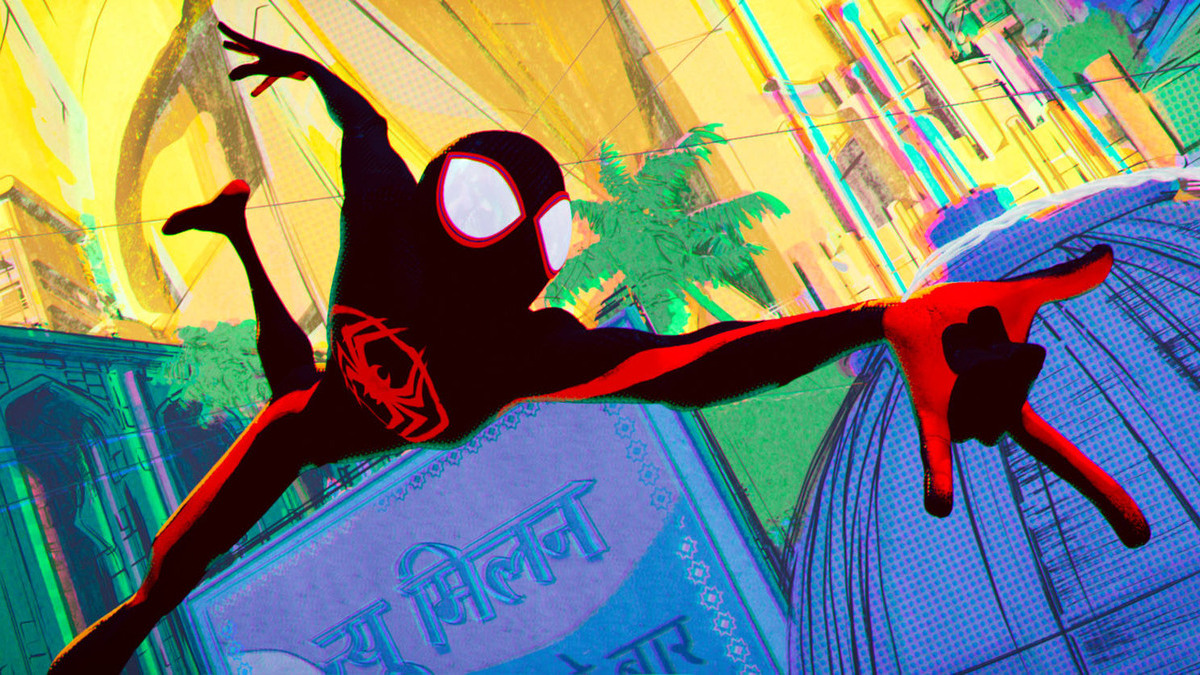Spider-Man: Across the Spider-Verse may have been welcomed with open arms at the beginning of June as one of the finest superhero movies of the decade so far, maybe even the finest, but new intel from behind the scenes tells a much less positive story. Several artists who contributed to the film have claimed that producer Phil Lord put them through incredibly grueling working conditions, something that casts his one-time firing from the Star Wars universe in a new light.
According to first-hand accounts shared with Vulture, due to Lord’s insistence on making significant changes to both the story and visuals of Across the Spider-Verse throughout production, animators were forced to to work “11 hours a day, seven days a week, for more than a year,” something that caused as many as 100 crewmembers to depart over the course of development.
As one animator, using the alias Stephen, notes, “With Phil Lord, nothing is ever final or approved. Nothing was really set in stone. Nothing was ever done. Everything was just endlessly moving beneath our feet because they wanted it to be the best that it could be.”
These comments are interesting given the reasons behind Lord and Miller’s removal from Solo: A Star Wars Story back in June 2017. It’s known that screenwriter and Star Wars veteran Lawrence Kasdan clashed with the duo over their cavalier attitude to following his script, with Lucasfilm president Kathleen Kennedy likewise not gelling with their “improvisational” style. At the time, fans blasted the studio for letting Lord and Miller go for simply doing things their way.
Now that those have who actually worked under Lord (Miller is said to have been “MIA” for Across the Spider-Verse‘s production) have spoken out, however, it’s easy to sympathize much more with Lucasfilm’s decision. Lord’s tendency to keep the material “endlessly moving” may well have led to things being pretty chaotic on set, which is no doubt why an experienced and dependable filmmaker like Ron Howard was brought on to replace them.
Lord and Miller obviously make good movies, and maybe their version of Solo might’ve been superior to the released film, but it’s now harder to deny that Howard’s movie may have been a more stable working environment for the cast and crew.








